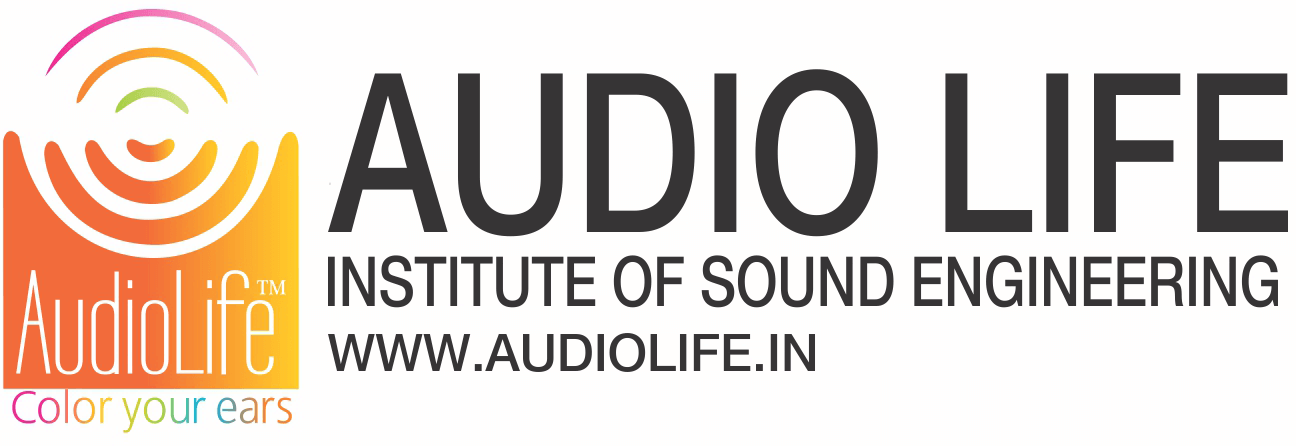How to Become an Audio Engineer
Becoming an audio engineer requires a combination of education, experience, and skill development. Here are the steps aspiring students can follow to pursue a career in audio engineering:
Gain a solid foundation in music and sound: Aspiring audio engineers looking to enhance their skills and knowledge in the field should consider enrolling in audio engineering courses that cover a range of topics. These courses can provide a comprehensive foundation for aspiring audio engineers, covering essential areas such as music theory, acoustics, physics of sound, musical instruments, recording equipment, and software.
Pursue formal education: Consider enrolling in a reputable audio engineering degree program to enhance your skills and job prospects as an audio engineer. Pursuing a formal education in music production, recording arts, or audio engineering can provide you with the knowledge and practical training necessary to succeed in this field.
Learn industry-standard software and equipment: Audio engineers use software and equipment like DAWs, mixing consoles, microphones, and processors. Familiarize yourself with industry-standard software like Pro Tools, Logic Pro, Ableton Live, and other common tools.
Gain hands-on experience: Gain practical experience as an audio engineer through internships, personal projects, collaborations, and assisting in audio-related environments like recording studios or live sound venues.
Develop your listening skills: Develop a keen ear for sound by practicing critical listening to various music and audio recordings. Learn to identify and correct imperfections like noise, distortion, and frequency imbalances.
Build a portfolio: Build a portfolio of your recording, mixing, and mastering projects as you gain experience to showcase your abilities to potential employers or clients.
Continuously improve your skills: Continuously improve your audio engineering skills by experimenting with recording techniques, staying updated with latest technologies, seeking feedback from peers/mentors, and embracing lifelong learning.
Seek job opportunities and freelance work: Apply for job opportunities or freelance work in audio-related industries such as recording studios, live sound venues, or broadcast facilities. Be proactive in seeking internships, entry-level positions, or gigs to gain practical experience and advance your career as an audio engineer.
Pros of a Career in Audio Engineering
A career in audio engineering can offer many advantages and opportunities for individuals who are passionate about music, sound, and technology. Some of the pros of a career in audio engineering include:
Creative Outlet: Audio engineering is a creative outlet where you work with sound and music. You can shape audio, mix music, design sound effects, and create immersive experiences.
Diverse Career Opportunities: Audio engineering offers diverse career opportunities in recording studios, live sound production, film, video games, and more. You can specialize in areas that interest you.
Technical Expertise: Audio engineering requires technical skills in equipment, software, recording, editing, mixing, and mastering. Developing these skills leads to a specialized and in-demand skill set.
Collaboration: Audio engineers collaborate with musicians, producers, and other professionals, fostering teamwork and creativity. It’s a dynamic and engaging career working with diverse talent.
Job Satisfaction: Audio engineering is deeply satisfying for music and sound enthusiasts. You can contribute to audio content creation and see your work come to life, which is highly rewarding.
Flexibility: Audio engineering careers offer work flexibility as a freelancer, studio owner, or for a company. You can set your own schedule and work on projects that align with your goals.
Continuous Learning: Audio engineering is constantly evolving with new technologies and trends. This offers continuous learning and growth opportunities to stay updated in the industry.
Potential for Financial Reward: Experienced audio engineers can earn a competitive salary, especially with specialized skills, high-profile projects, and commercial success.
Final Thoughts
A career in audio engineering can offer great rewards and fulfillment for individuals who have a genuine passion for music and sound. To become an audio engineer, one needs to possess a well-rounded combination of technical knowledge, artistic skill, and practical experience. Keeping abreast of the latest advancements in technology and industry trends is crucial, as is establishing a robust network of professional contacts. Enrolling in a reputable institute such as AudioLife can provide valuable education and training. With persistent hard work, unwavering dedication, and a commitment to excellence, aspiring audio engineers can pave the way to success and make a meaningful impact in the dynamic world of music and entertainment.
